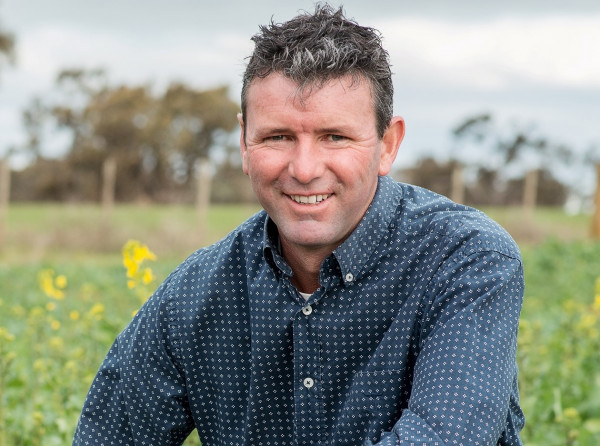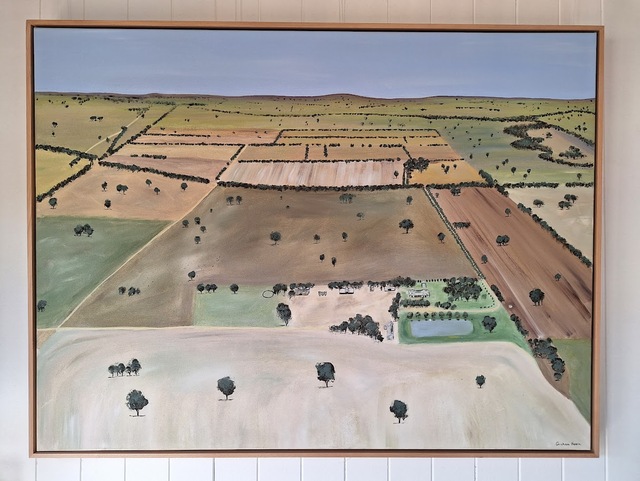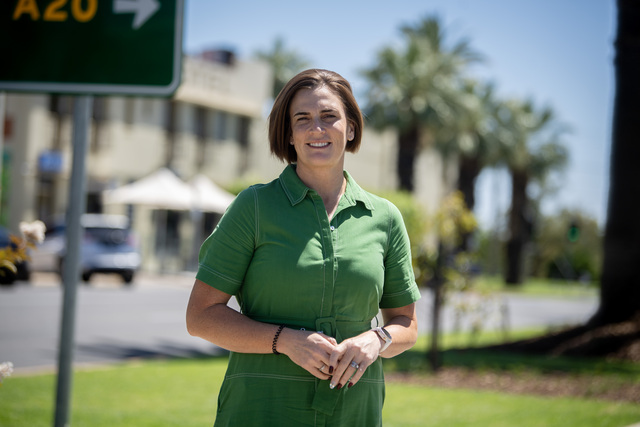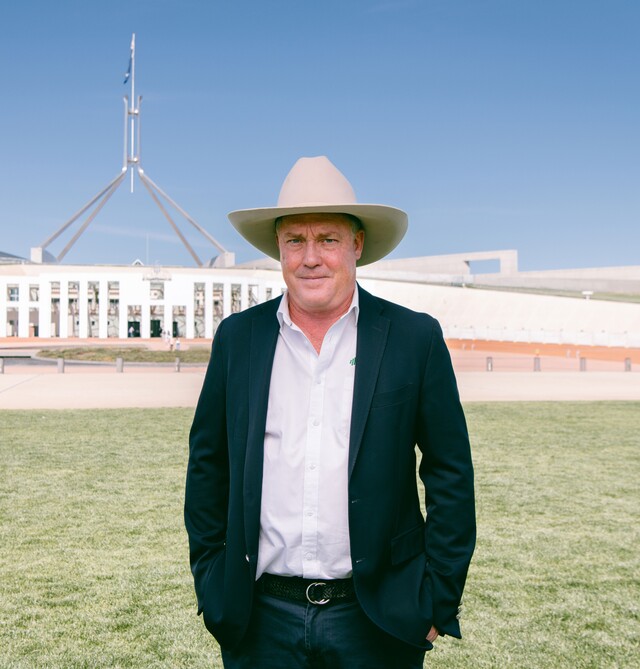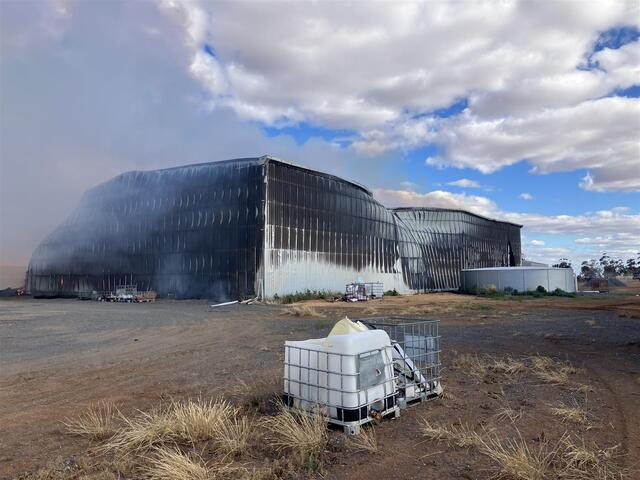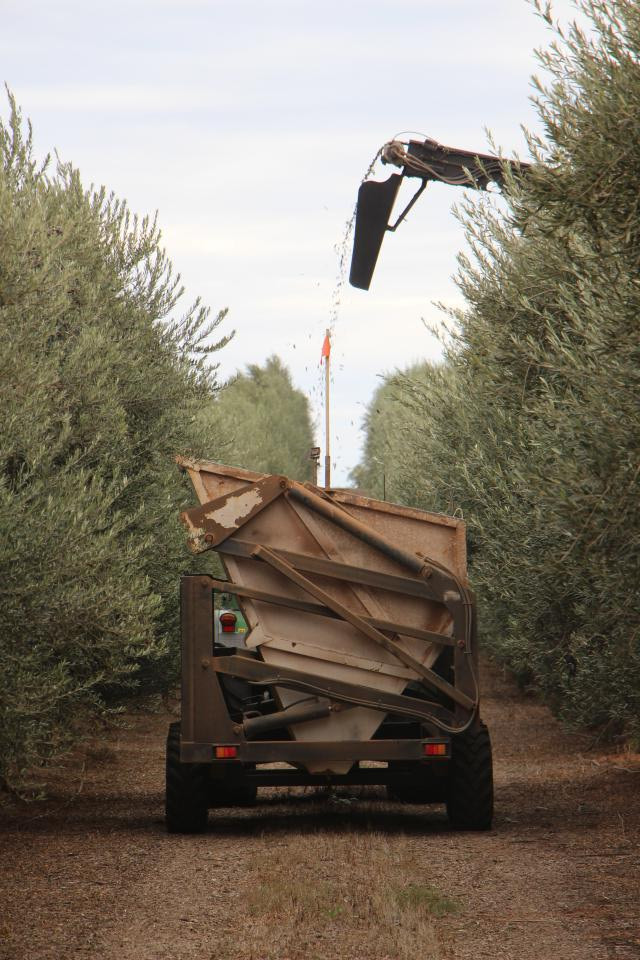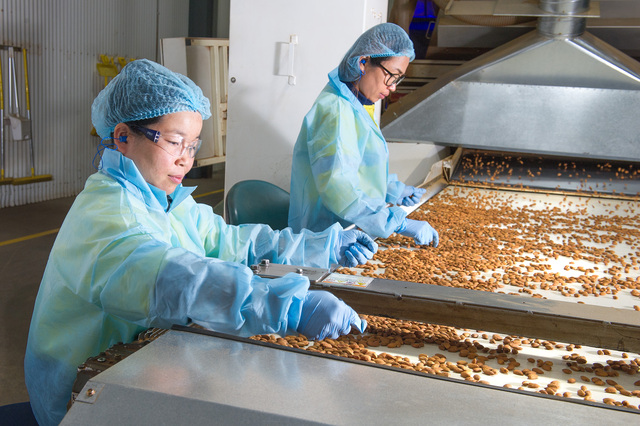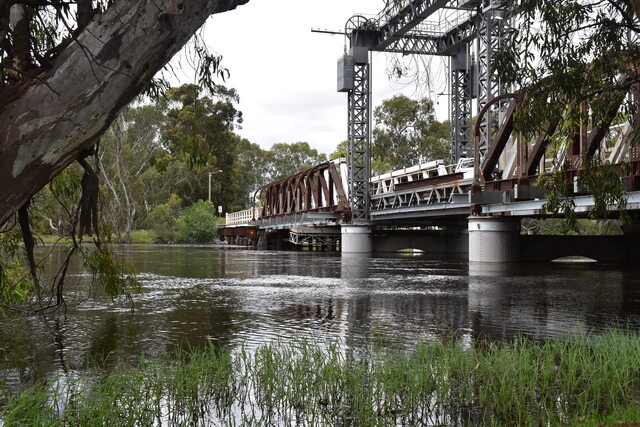Farmers are on the frontline of climate change. Prominent industry advocate and activist Brett Hosking has added a new role in his personal crusade to aid farmers in this fight.
ANDREW MOLE reports. BRETT Hosking has never hesitated to give as good as he has been given.
And when he comes out swinging, Brett is always aiming for the fence.
Farmer, husband, father, agri-politician, industry heavyweight, rebel, and passionate believer in the role – and future – of agriculture, he seems able to squeeze more out of 24 hours than your average human.
One of Victoria’s highest profile farmers and agri-politicians, whether he likes the label or not, Brett has taken his already crowded calendar and given it another solid shake; somehow finding even more time.
Which late last year saw him sign on as a board member with Farmers for Climate Action; then last week commit to the board of Birchip Cropping Group.
The Mallee-based peak industry research organisation has become an integral partner in trials, extension programs and solutions to the challenges of farming in a low-rainfall area.
While not publicly confessing to be a workaholic, Brett does concede he spends “way too much time on the phone”.
But it is a time sacrifice (and after hours and on weekends a more significant intrusion into his private life) he sees as “important to spend the time to get the right advice and build upon those networks to get good advice when you need it”.
“Like all farmers, we struggle with work/life balance. There is always something else to do on the farm or at home, coupled with the demand of community,” Brett explains.
“To maintain the same number of opportunities, more of us are working harder.
“I had a season in my life where I was away a lot and had to get very good at driving out the gate and dealing with it when I returned, knowing I had full-time staff, family and a network supporting me.
“Part of it is knowing you have to make a choice to put your family first sometimes to go skiing or whatever it is you all enjoy… and that’s ok, we get there in the end.”
Although Brett has continually taken the long way to arrive, his track record in the industry stratosphere confirms he isn’t just dabbling, he is there for the long haul – and is determined to leave the industry in a much better place than he found it.
“The opportunity to become a BCG director is a chance to contribute using the skills I’ve acquired over the years,” he says.
“We all contribute to our community where we are able and with extensive board experience, I hope to add value at board level.
“What I like about BCG is it is community led, locally led and community oriented. Over time, that community has expanded but it’s that grassroots approach that has always appealed to me in groups I’ve been involved with.”
Brett sees the need for growers to have good and trustworthy advice as critical given the number of variables growers deal with in their businesses.
“Modern farmers need to be more adaptable than ever. On any given day, a farmer may perform the role of mechanic, international commodity trader, or any other role which needs to be picked up on that day. Having good advice from groups such as BCG is vital to support them to grow and prosper.
“BCG’s extension and engagement supports this required growth well. Farmers need often complex information communicated efficiently so that it can be practically applied on farm. BCG is a conduit between academia and practical application, recognising the skills and knowledge that farmers already have and building areas of passion and areas that can make their farms more profitable,” Brett explains.
As a member of the BCG board, Brett’s focus will be to ensure BCG continues to find new ways to engage with farmers in new areas of interest.
“Farmers are fast learners and adopters of technology that is proven. Remaining ahead of the curve, that’s the challenge BCG has.
“I’d also like to support BCG’s delivery of tailored events. There is a lot on and farmers are required to be selective in which events they attend. The number of attendees may be less but that does not mean these events are any less valuable.”
All just a short time after Brett Hosking the rebel was part of a group of former Victorian Farmers Federation grains group presidents trying very hard to oust Victorian Farmers Federation president Emma Germano, by forcing an extraordinary general meeting at which he and his fellow revolutionaries expected to have the numbers to take control.
Before the Supreme Court ruled – despite it being enshrined in the VFF constitution – that meeting the conditions required to compel an EGM did not mean it would be allowed to happen.
It was a very strange interpretation, but also little more than a speed bump in the Brett Hosking journey.
So what makes Brett tick?
Why, when everyone would accept he had done more than his fair share – including spraying paddocks at his Quambatook farm while talking to North West Farmer – would he be rolling up for more?
“When I first started farming, a local farmer told me if you can successfully farm for 10 years, then you can successfully farm forever,” Brett says.
“What he meant was that in a 10-year period, you will see the best of seasons and the worst of seasons. This felt true at the time, but a changing climate is now challenging that assumption,” he says.
“In the past five years, on the east coast of Australia, we have seen possibly the driest farming conditions followed closely by some of the wettest.
“A changing climate is challenging us as growers by creating an environment for more extreme weather events, from the driest droughts to the wettest floods. Our potential for late-season frost has increased and so has the chance of summer storms damaging our ripe crops.
“I joined the board of Farmers for Climate Action, which now represents 8000 farmers from all farming systems across Australia, and I did this to help make sure our farmers are empowered and supported to adapt their practices to manage a changing climate, and to play an active role in helping to reduce emissions, to mitigate against further change.”
Brett says he has spent years working alongside farmers in the Victorian Farmers Federation and at GrainGrowers, and he is inspired by their ability to find real solutions to real-life challenges.
Which he says has helped convince him the more information we can give to farmers, the greater their ability to find tangible solutions to the challenges of a changing climate.
Farmers for Climate Action commissioned Ernst and Young to report on the opportunities in a low-carbon economy and it found farmers could increase productivity and maintain herd and flock size as we lower emissions.
“I also believe as farmers reduce their emissions, other sectors have to pull their weight, too. We take the brunt and the risk of a changing climate, and we can’t reduce Australia’s emissions all on our own,” Brett explains.
“My wife Jane and I farm alongside our four daughters, Grace, Lily, Isabelle and Amelia, in Victoria’s Mallee. Ours is mostly a cropping business growing canola, barley, wheat, oats, and lentils. We also produce some vetch hay depending on the season,” he says.
“To complement the cropping, we also run a self-replacing flock of Merino ewes using Tamaleuca bloodlines from Kevin Crook at Ouyen. From time to time, we have some beef cattle and currently are running some Hereford breeders. All of the girls take an active interest in the farm, providing valuable help during busy seasons such as shearing, harvest and seeding. Lily has taken a step further, buying a few steers of her own.
“I want my family to continue farming into the future, preferably with reliable rainfall. One of the strongest attributes Australian farmers have is our ability to produce food and fibre in a way which reflects the values of many of our trading partners – food that is sustainably produced to some of the highest food safety and grading standards.
“The same cost-of-living pressures many Australians are feeling are being felt on our farm. We’ve seen price rises for fertiliser, crop protection products and fuel, as well as huge workforce challenges. Rising costs mean greater risk for farmers and so we are managing those risks, through crop and livestock diversification and rotation, more sophisticated grain marketing practices and more.”
Farmers, Brett says, are used to managing risk and the resilience shown by the agriculture industry in the past few years has proved that.
But he says we are not looking at the same type of risks faced by previous generations.
“We will have to plan for more extreme weather events, probably more global shocks and very likely regulatory changes. These financial risks and higher costs of a changing climate are falling on farmers, and I believe we must get ahead of them,” Brett says.
“A changing climate also brings new biosecurity risks. From a grains industry perspective, we recently saw the tropical climate pest, the fall armyworm, arrive in Australia. It has been found as far south as Gippsland in Victoria, which is by no means tropical,” he says.
“We have also seen more interceptions at our borders of pests such as khapra beetle, suggesting our changing global climate has created new ways for these pests to move and thrive. Our biosecurity efforts need to adapt.
“As farmers, we continue to adapt using the best research and development. I’ve had the privilege to meet farmers from across this country and been in awe of their resilience and diversification.
“While I watch my daughters grow up to be passionate stakeholders in our family farm, and proud members of our local community, I note their generation will soon be the loudest – and largest – advocates for change. We ignore them at our peril.
“But I am also reminded of the important role that legacy plays in Australian farming. My job is to pass on my property in a better shape than when I got it. That means I must work to protect and nurture the environment that is the most precious asset we have.
“We farmers are on the frontline of climate change and I want to add my voice and my experience to combating it. That’s why I have joined the board of Farmers for Climate Action.”

